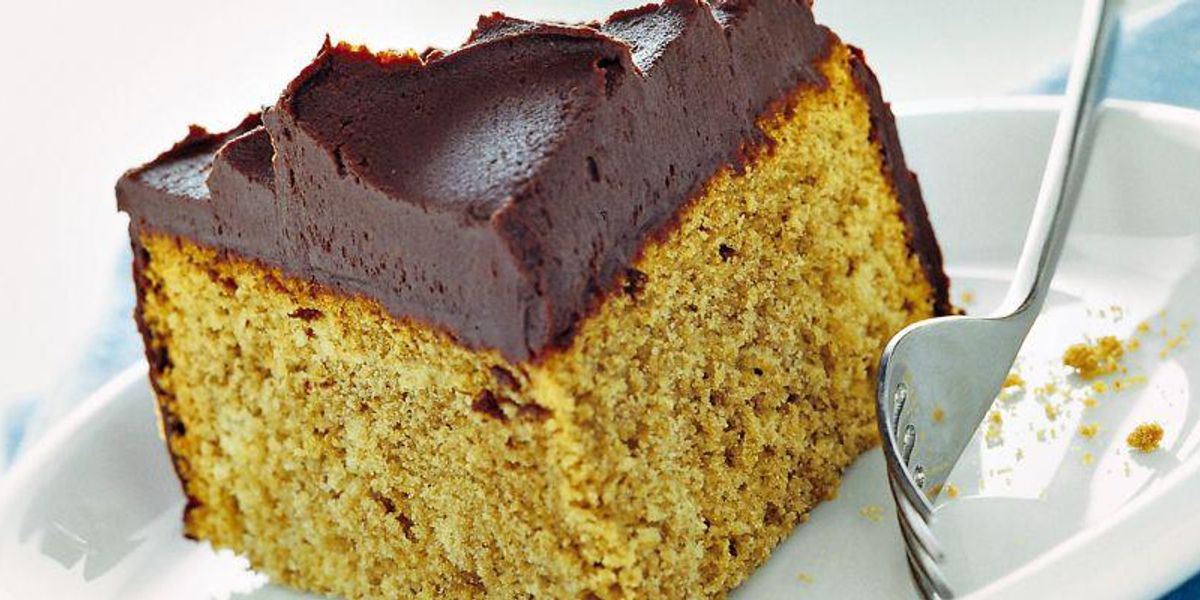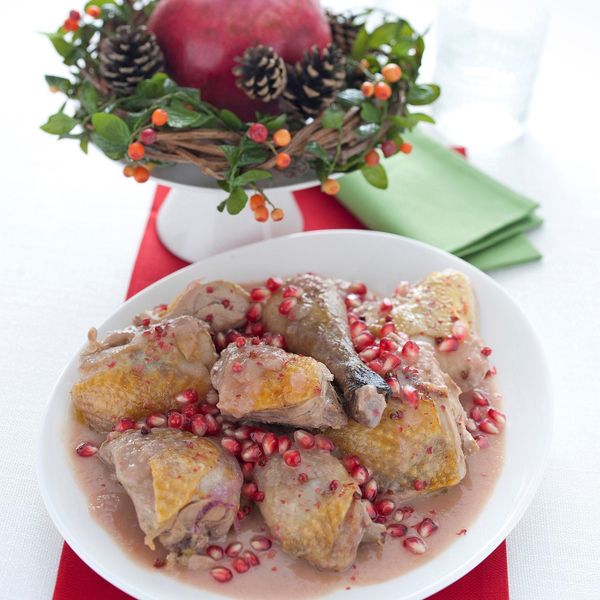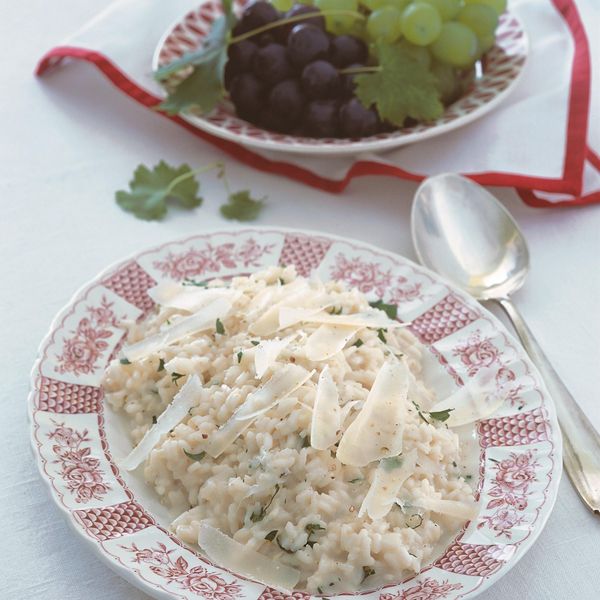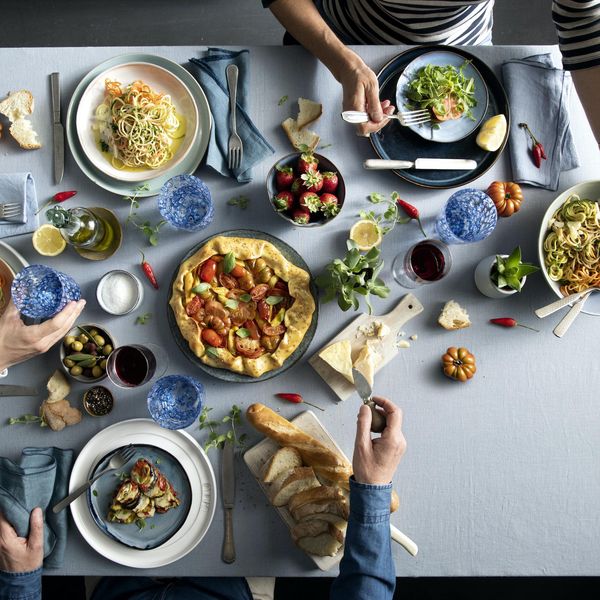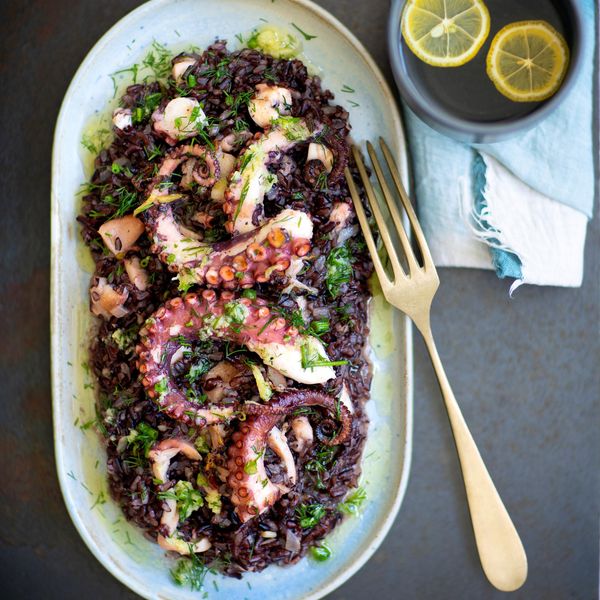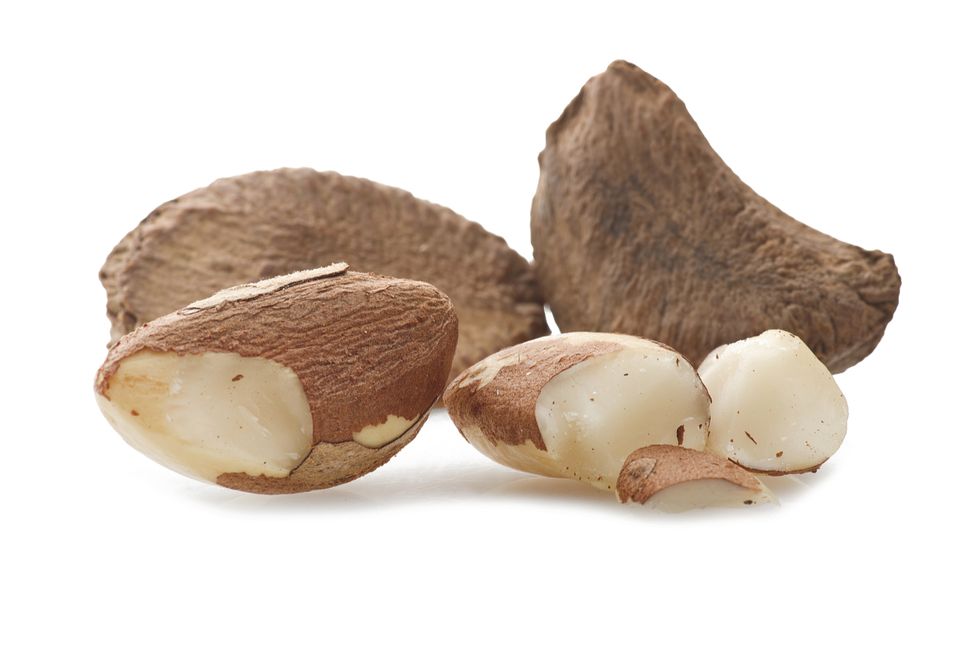
Brazil nuts, a prized fruit from the Amazon rainforest, are particularly rich in nutrients. They help protect the brain, heart, healthy weight and more.
“Uma delícia": this is the “scientific" definition of castanha-do-Parà, privilege and pride of the Brazilian land and cuisine, known by us Italians simply as Brazilian walnut. A large walnut with a rather almond shape, which comes from a large tree in the Amazon rainforest and is, in addition to being delicious, particularly rich in properties that are excellent for health.
Nutritional properties
If all nuts extend life and help maintain a healthy weight, with regular consumption of about 30 grams per day - 5-7 nuts; 20-25 almonds - of Brazilian nuts even one a day may be enough to benefit from the oil-bearing gifts of this seed - of seed in fact technically it is a treats: there are 12-20 of them inside the coconut-like fruit of the Brazil nut, a tree that grows exclusively in the virgin forest. Apart from the human being, only the aguti, a large forest rodent, and the termites are able to access its greedy seeds.
If we really want to talk about superfoods, this certainly could be included in the list: it is rich in selenium, fiber, vitamins (vitamin E), calcium, magnesium, phosphorus, proteins and antioxidants.
Let us dwell on selenium in particular: a walnut contains between 200 and 400 micrograms, four times the minimum recommended daily dose. What is this mineral used for? Helps prevent many diseases, including Alzheimer's. It is also essential for the formation of an enzyme, glutathione peroxidase, which is one of the most powerful in neutralizing the action of free radicals, those molecules that, if they are abundant in the body, create many serious problems including the death of neurons - many studies confirm in fact the correlation between the harmful action of free radicals and the onset of Alzheimer's disease, caused by the death of neurons.
Not just the brain: Brazil nuts are also friends of the heart, because they provide an excellent amount of fat and "good" cholesterol and despite their considerable caloric intake (about 656 calories per 100 grams) they help you lose weight by really promoting the sense of satiety - and preventing hypothyroidism, thanks to selenium, which also helps fight tumors. Magnesium and phosphorus help the bones and it does not end there, because they have many other beneficial properties for health, including digestive.
They can therefore be a perfect snack, to be eaten regularly in the office alternating them with pistachios, another dry fruit rich in properties.
Use them in the kitchen
In cakes - they also go well with lemon! - biscuits, crumble to enrich the ice cream but also with salmon fillet, granola. And then fantastic for making a pesto, to eat with Parmesan cheese, to nibble as an aperitif seasoned with pink pepper, honey, flower of salt and spicy paprika, to prepare a homemade butter to spread on fresh bread. And again in salads, with rice, to make a walnut sauce with which to season fresh pasta.
Finally, Brazil nuts are wonderful for preparing a tasty and nutritious vegetable milk: to make a liter, soak about twenty nuts for 8 hours, then rinse and blend them with a liter of water. Filter with a cloth or a thinly woven sieve: the milk is ready. In the fridge it lasts two or three days. What is left over from the filtering process can be used as a vegan cottage cheese.
